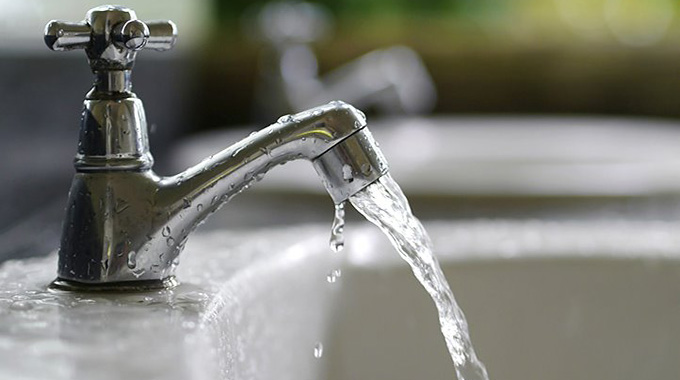
To mark a decade after Zimbabwe became a signatory to the Human Rights to Water and Sanitation (HRWAS), the water movement will take a stock on where we are in terms of accessibility, availability, acceptability and quality of potable water.
Hardlife Mudzingwa the Founder of the Community Water Alliance said it is important to state that besides appending her signature to the International Covenant on Economic, Social and Cultural Rights where under General Comment 15 everyone is entitled to available, physically accessible, affordable, acceptable and quality potable water; Zimbabwe went further to be party to Convention on Elimination of All Forms of Discrimination Against Women, Convention on Rights of Children and Convention on Rights of Persons with Disabilities. These commitments were a promisory note to entrench social inclusion in amongst other sectors, the water delivery framework.
He said a decade later Zimbabweans are still subjected to a serious crisis of water delivery, with dangerously low daily water production as compared to demand. In Harare Metropolitan Province daily production stands at an average of 300 megalitres per day against daily demand of 1200 megalitres per day. “Chitungwiza Municipality gets 14 megalitres per week whilst demand in 70 to 75 megalitres per day. Epworth has almost zero municipal water delivery. Masvingo Municipality produces almost half of daily demand. Gweru produces between 20 to 40 megalitres per day depending on availability of electricity whilst daily demand is 80 megalitres per day. The City of Bulawayo has since declared a crisis of water delivery which has been made worse by the dry region that the city finds itself in,” he said. While this shortage takes a national outlook, Zimbabwe has had long decades plans to boost water production, plans of which never materialized. Zambezi Water project and construction of Kunzvi dam stands as examples of long held plans that never came to fruition.
“Besides production decifit which has affected availability and physical accessibility of potable water, Zimbabwean cities have been marred by Stone age diseases like typhoid and cholera. A decade after commitment to the human rights to water and sanitation proclamation, our citizens succumb to cholera and typhoid, diseases which express poor quality of potable water. Citizen trust and acceptability of taste and odor of potable water, is not there, ” Mudzingwa added.
The burden of a national crisis on potable water is weighing heavily on women who have been confined to fee-free household chores of fetching water by our patriarchal system. He said, women groan at boreholes within towns, some raped on their way to fetch water and others suffering most horrible GBV and violence.
“With the novel Coronavirus pandemic, women are exposed more whilst they congest, queue and jostle for access at public water points (Boreholes). They are required to fulfill unpaid care work. They are required to provide much needed water for regular handwashing, ” he said.
He said Zimbabwe has not honored commitment to citizens rights to water and sanitation.
” As we reflect today, there is need to ensure that proper planning is backed by meaningful financial and human resources allocation. The paltry national budget allocation to water and sanitation which has been the case since late 80s will not help the nation. We need to properly manage our expenditure on water and sanitation,” he said. He added that tenderpreneurship and corruption in the sector should end to ensure performance management, integrity and oversight role of Supreme Audit institutions should be done and recommendations timely addressed. Climate change mitigation and adaptation should be our priority. Wetlands preservation should be the motto. With COVID-19 comes more responsibilities.
